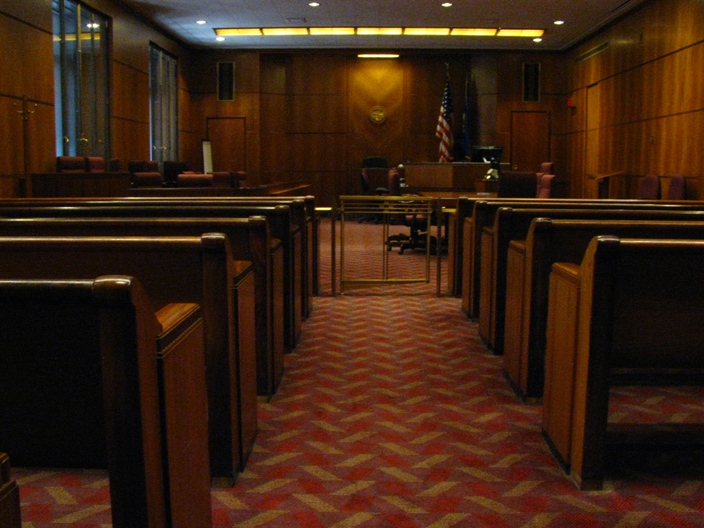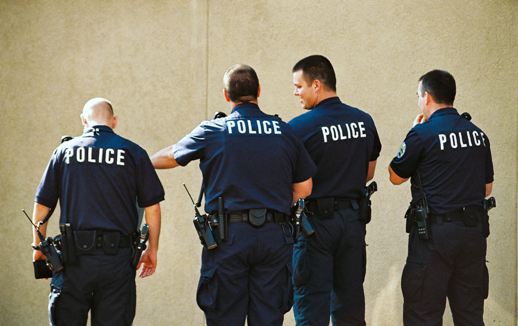The Law Librarian shared her enthusiasm last year about the life change of bank robber turned future-lawyer Shon Hopwood (who is clerking for U.S. Court of Appeals Judge Janice Rogers Brown). Hopwood graduated from the University of Washington School of Law this year. According to the October 6, 2014 edition of the National Law Journal, the Washington state Supreme Court has ruled that Hopwood will be allowed to sit for the state bar exam next year, and be admitted to the bar should he pass. The future is looking bright for Mr. Hopwood, not to mention his wife and two children. At the root of the Shon Hopwood story are the people and institutions that believed in him: A prison law library, a law school, a federal appeals court judge, and a state supreme court. Stories like Hopwood’s are only possible when people are given the tools to mend their ways and change their paths.
Early this week an editorial in the Pioneer Press explained how former offenders are blocked from finding meaningful employment, which is their key to transitioning to a law-abiding lifestyle. The result is a “cycle of poverty and incarceration for hundreds of thousands of Americans and their families.” The article referred to data suggesting that more than half of released ex-offenders remain unemployed up to a year after their release from custody. In addition to the twice-monthly expungement workshops that take place in the Ramsey County Law Library, there are now workshops being presented by VLN at the Rondo Outreach Library. The next one will take place this Friday (October 17, 2014) from noon to 3:00 PM.









